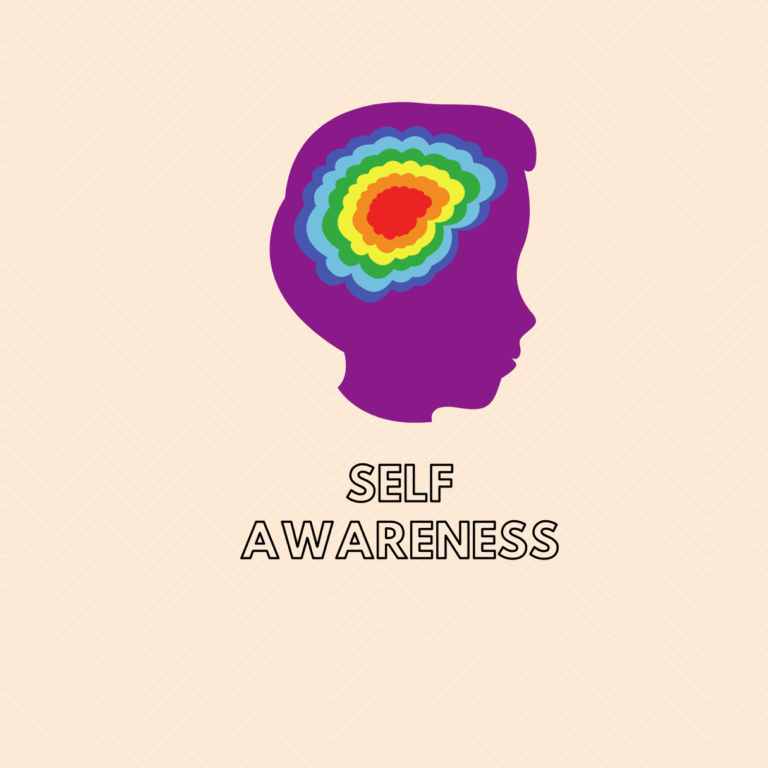What are the Symptoms for ADHD?
ADHD Topics outline:
- Introduction
- What is ADHD?
- Symptoms of ADHD
- Causes of ADHD
- Diagnosing ADHD
- Treatments for ADHD
- Living with ADHD
- Resources for further information on ADHD
- Conclusion
What is ADHD?
Attention Deficit Hyperactivity Disorder, or ADHD, is a mental disorder that is characterized by problems with focus, hyperactivity, and impulsiveness. According to the National Institute of Mental Health, about 8.4% of children aged 2-17 have ADHD. Boys are more likely than girls to be diagnosed with ADHD, and the disorder often runs in families.
ADHD is a mental disorder that affects how people behave. It is characterized by problems with focus, hyperactivity, and impulsiveness. People with ADHD may have trouble paying attention, concentrating on tasks, or controlling their impulses. They may also be overly active or impulsive.
Symptoms of ADHD:
ADHD is a mental disorder that can cause problems with focus, hyperactivity, and impulsiveness. Symptoms of ADHD often appear early in life, and they may become more severe as a person ages.
ADHD symptoms can make it hard for a person to succeed in school, work, or social relationships. If left untreated, ADHD may lead to problems such as low self-esteem, depression, and substance abuse.
There is no single test to diagnose ADHD. A diagnosis is based on a person’s symptoms, medical history, and family history. Treatment for ADHD usually includes medication and counseling.
If you or someone you know has symptoms of ADHD, talk to a doctor. Early diagnosis and treatment can make a big difference in people’s lives.
Symptoms of ADHD: The symptoms of ADHD can vary from person to person. Some common symptoms include:
Difficulty paying attention or concentrating:
People with ADHD may have trouble focusing on one task or conversation. They may be easily distracted by other people or things going on around them.
Easily distracted:
People with ADHD may be easily distracted by external stimuli, such as noise or movement. They may also be easily distractible by their own thoughts.
Difficulty completing tasks:
People with ADHD may have difficulty completing tasks, such as homework or chores. They may start projects but be unable to finish them.
Fidgeting or squirming:
People with ADHD may fidget or squirm when they are sitting still. This can make it difficult for them to sit through class or complete a work task.
Difficulty sitting still:
People with ADHD may have difficulty sitting still for long periods of time. This can make it hard for them to stay focused on a task or conversation.
Talking excessively:
People with ADHD may talk more than others. They may also interrupt conversations or blurt out answers before questions have been completed.
Difficulty waiting in line or taking turns:
People with ADHD may have trouble waiting in line or taking turns. They may feel the need to be first or do things immediately.
If you or someone you know has symptoms of ADHD, talk to a doctor. Early diagnosis and treatment can make a big difference in people’s lives.
Causes of ADHD:
The cause of ADHD is unknown. However, it is believed to be a combination of genetic and environmental factors. ADHD may run in families, but there is no specific gene that has been linked to the disorder. Environmental factors, such as exposure to toxins or certain types of trauma, may also play a role.
Diagnosing ADHD:
ADHD is typically diagnosed in children between the ages of 6 and 12. However, it can be difficult to diagnose in adults. A diagnosis is usually made by a team of mental health professionals, including a psychiatrist, psychologist, or neurologist. To be diagnosed with ADHD, a person must have symptoms that are severe enough to cause problems in school, work, or social relationships.
Treatments for ADHD:
The most common treatment for ADHD is medication. Stimulant medications, such as methylphenidate and amphetamine, are often prescribed. Non-stimulant medications, such as atomoxetine, may also be used. In some cases, therapy or counseling may be recommended.
Living with ADHD:
People with ADHD can lead happy and successful lives. It is important to find a treatment plan that works for you and to have support from family and friends.
Resources for further information on ADHD:
· National Institute of Mental Health: Attention Deficit Hyperactivity Disorder
· American Psychiatric Association: Attention Deficit Hyperactivity Disorder
· Centers for Disease Control and Prevention: Attention Deficit Hyperactivity Disorder
Conclusion:
ADHD is a mental disorder that affects how people behave. It is characterized by problems with focus, hyperactivity, and impulsiveness. People with ADHD may have trouble paying attention, concentrating on tasks, or controlling their impulses. There is no single treatment for ADHD that works for everyone, but with proper treatment, people with ADHD can lead happy and successful lives.
If you or someone you know has symptoms of ADHD, talk to a mental health professional to get diagnosis and treatment.








